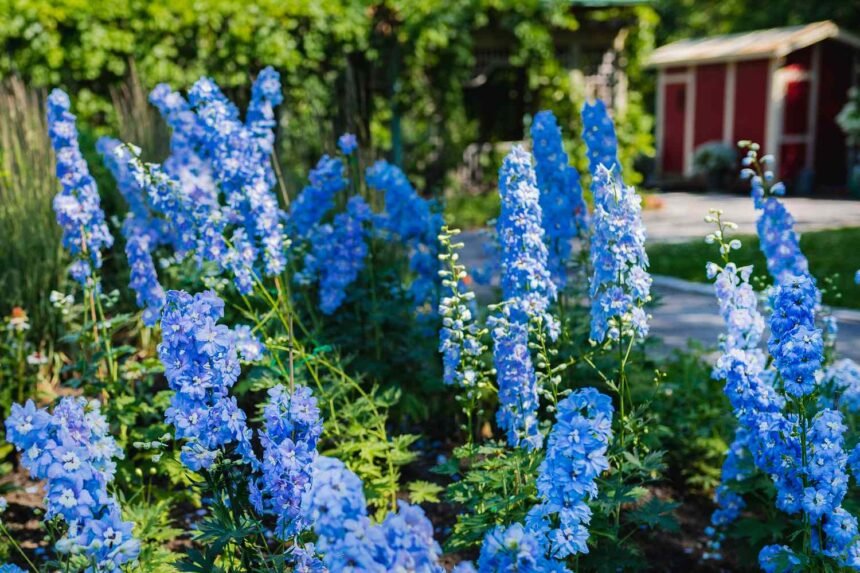Home gardening is a rewarding and fulfilling activity that allows individuals to connect with nature, beautify their surroundings, and grow their own plants and flowers. This article serves as a comprehensive guide to help beginners understand the basics of home gardening, providing essential information and tips for successful cultivation.
- Selecting the Right Plants: When starting a home garden, it’s crucial to choose the right plants based on factors such as climate, soil type, and sunlight availability. Some popular choices for beginners include herbs like basil and mint, easy-to-grow vegetables like tomatoes and lettuce, and low-maintenance flowers like marigolds and petunias. Conduct research or consult with local garden centers to determine the suitability of different plant varieties for your area. This will increase your chances of success and ensure optimal growth.
- Preparing the Soil Before planting, it’s essential to prepare the soil properly. Clear the area of weeds and debris, and break up any compacted soil. Add organic matter like compost or well-rotted manure to improve soil structure and nutrient content. Testing the soil pH can also be beneficial, as certain plants prefer acidic or alkaline conditions. Aim for a well-drained soil that retains moisture without becoming waterlogged.
- Watering and Fertilizing : Watering is a vital aspect of gardening. The frequency and amount of water needed vary depending on the plant species, climate, and soil type. Generally, it’s best to water deeply and infrequently to encourage deep root growth. Mulching around plants can help retain moisture and suppress weed growth. Fertilizing is also important for plant health. Organic fertilizers, such as compost or worm castings, are excellent options that provide essential nutrients while improving soil fertility.
- Sunlight and Protection : Most plants require a sufficient amount of sunlight to thrive. Assess the sunlight patterns in your garden and choose plants accordingly. Some plants thrive in full sun, while others prefer partial shade. Additionally, protect your plants from harsh weather conditions, such as strong winds or frost, by using protective covers or moving them indoors if necessary. Regularly inspect your plants for signs of pests or diseases, and take appropriate measures, such as using organic pest control methods or seeking advice from local gardening experts.
Home gardening is an enjoyable and educational hobby that allows individuals to grow their own plants and flowers. By selecting the right plants, preparing the soil adequately, providing appropriate watering and fertilization, and ensuring adequate sunlight and protection, beginners can embark on a successful gardening journey and create a beautiful, thriving garden right at home.




